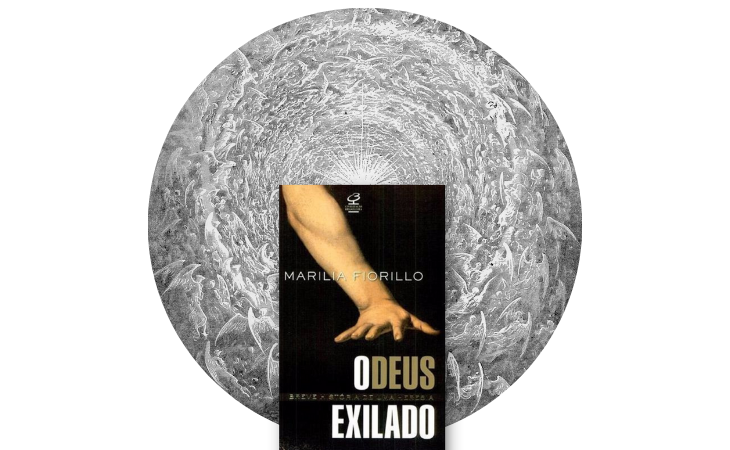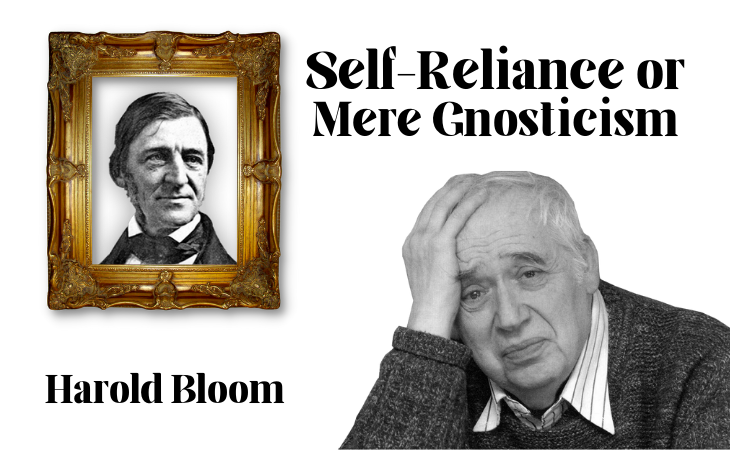William James published The Varieties of Religious Experience: A Study of Human Nature in 1902. By 1928, the book was in its thirty-sixth printing, and it remains one of the most influential books about religion ever written by an American.
James, formally trained as a physician, was a member of the Department of Philosophy at Harvard University at a time when psychology was just beginning to separate from philosophy, and interpreters of James’s work have frequently described him as a “philosophical psychologist.” Not surprisingly, then, this book begins its exploration of religion by focusing on personal religious experience: “the feelings, acts, and experiences of individual men in their solitude, so far as they apprehend themselves to stand in relation to whatever they may consider the divine.”
W. Clark Gilpin is the Margaret E. Burton Professor, emeritus, at the Divinity School, where he served as dean from 1990 to 2000. From 2000 to 2004 he directed the Martin Marty Center, and he has also served as the director of the university’s Nicholson Center for British Studies and as a member of the executive council of the university’s Scherer Center for the Study of American Culture. Gilpin studies the history of modern Christianity, especially in relation to literature, and is currently writing about the letter from prison as a genre of religious literature in early modern England. In 2011 he edited with Catherine A. Brekus, American Christianities: A History of Dominance and Diversity (University of North Carolina Press). Gilpin’s most recent book, Religion Around Emily Dickinson (Penn State University Press), employs Dickinson’s poetry as a lens through which to view the cultural work performed by religious thought, practice, and imagination in nineteenth-century America.
Religious studies courses can feature a broad range and variety of texts, including anything from the Daodejing, to the Mishnah, to Dostoevsky’s The Brothers Karamazov, to Mary Douglas’s Purity and Danger, to Said’s Orientalism. The Marty Center partnered with the Undergraduate Religious Studies Program to design “Why This Text Matters” as a series of videos to help faculty prepare for courses, their students, and anyone generally curious about important texts in the study of religion. In the space of about 30 minutes, viewers can gain a deeper understanding of the context, themes, and significance of texts taught by experts at the University of Chicago Divinity School.
RELATED CONTENT:





















